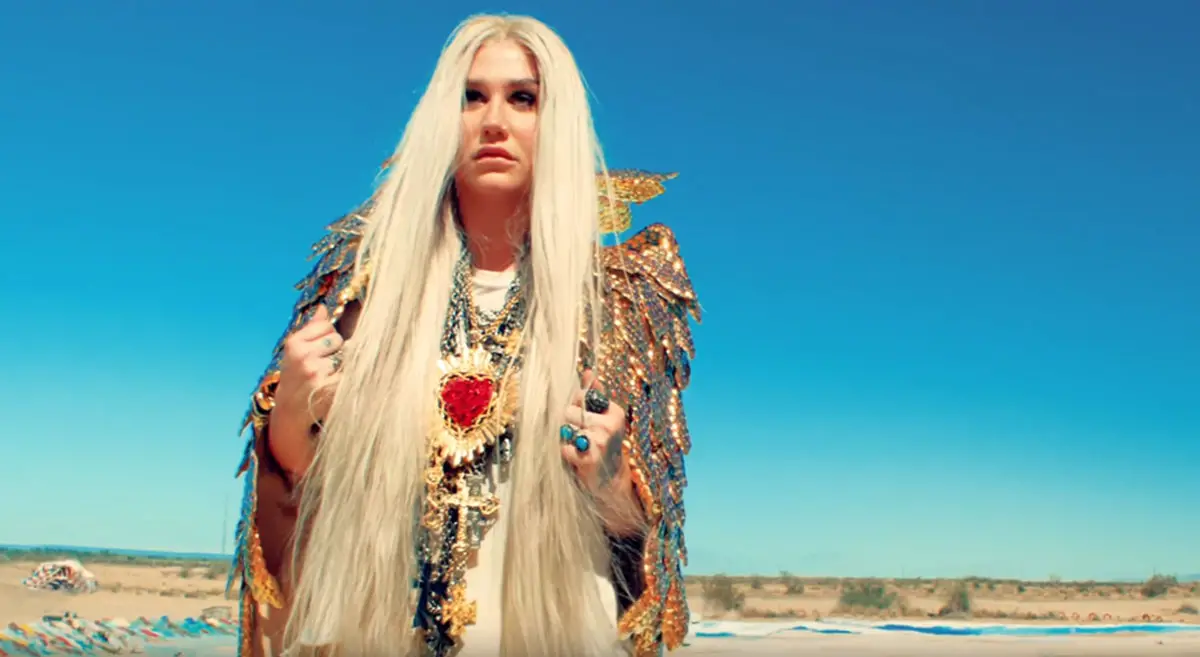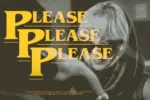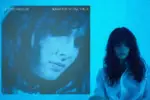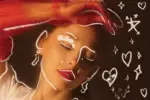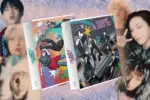After five years out of the limelight and embroiled in a lawsuit against Dr. Luke, Kesha has released her third studio album, “Rainbow.” Its very existence is a triumph for Kesha, who appears more thoughtful and genuine than her persona on her first two albums, which made sleaze trendy. Indeed, thousands of suburban middle schoolers sang along to “Tik Tok” without even really knowing the sensation of “brush[ing] [their] teeth with a bottle of Jack.”
While earlier records were expressive and energetic, “Rainbow” is deeply confessional. Every song is unified by themes of freedom, perseverance and forgiveness. The lead single, “Praying,” is an embodiment of these ideas and Kesha’s prolonged struggle to break free of her contract with Kemosabe Records. After five years off the airwaves, in her fullest voice, she commands the line, “Oh, some say in life, you’re gonna get what you give / but some things only God can forgive.” The final syllable in “forgive” leads into a glass-shattering high note that spawned multiple reaction videos.
The album itself does follow a logical progression, arcing a story that begins with Kesha building resilience, finding pride and then bestowing forgiveness on those that have wronged her. At the end of the narrative is the record’s eponymous track, which is one of Kesha’s best ever. The song begins as a piano ballad, building into a triumphant, orchestral calling out, “But I’m falling right back in love with being alive.” It’s the most emotional, cathartic song that wraps up the heartfelt half of the album.
At the halfway point, “Rainbow” turns upbeat and fun. “Hunt You Down” is an interpretation of old cowboy songs, where Kesha is the head honcho on the prowl: “Just know that if you fuck around / Boy, I’ll hunt you down.” The two songs that follow, “Boogie Feet” and “Boots” are danceable tunes that lighten the mood after the heavy emotional material that comes before.
The final stretch of the record turns inward, to Kesha’s youth and home life. The first song is Dolly Parton’s “Old Flames,” written by Pebe Sebert, Kesha’s mother. Kesha has had songwriting in her blood, and this song is an excellent tribute to her mother and powerful duet with a country music legend. The next track, “Godzilla,” is another of her mother’s penned songs, and is soft and sweet, the type of tune to sing a child to bed. It’s a song about patient and understanding love, a perfect match for the entirety of “Rainbow.”
Finally, “Spaceship” arrives, which speaks to Kesha’s feeling of delicateness, how she feels that she is too sensitive for the world. It’s an admission of humility, which is brave in the face of the adversity she’s encountered. The song ends on a lengthy, spoken outro, where Kesha proclaims: “I watch my life backwards and forwards and I feel free. Nothing is real, love is everything and I know nothing.”
In spite of her struggles, Kesha returns more powerfully than she left. “Rainbow” skates across country, pop, dance, rock and electronic without tripping over itself. Kesha’s voice is strikingly malleable to each style, moving from gentle to strong and speaking with a twang or in half-rap. The lullaby “Godzilla” and the swaggering and grand “Woman” have next to nothing in common stylistically, but are united by Kesha’s vocal talents.
However, some of the tracks on “Rainbow” are marred by the same stains of “Animal,” “Cannibal” and “Warrior.” Kesha’s voice is the centerpiece of all of her work; it’s pure, raw vocal ability that defines her discography rather than complex or experimental instrumentals. As a result, the basic structure, a simple progression of verse, chorus, shorter verse and then two choruses, stands out. The album spans fourteen songs in a brief forty-eight minutes, with few clocking over four minutes in length.
In addition, Kesha often returns to her sleaze. The record is littered with expletives, some of which work against the sentiment of the song, some of which are charming. The chorus of the boisterous “Woman” leads with “I’m a motherfucking woman, baby, all right,” which is appropriate for the pride and excess of this female power anthem. Kesha also brings back little studio extras in her songs, similar the subtle opening command “dance” from the single “Blow” in 2012.
Since this is her third album, listeners can expect these Kesha trademarks, even if some do detract from the overall quality of the work. What differs from “Animal” and “Warrior,” however, are the strong notes of country. For an artist who made her mark in culture by relying on dance-pop, Kesha brings some of her heritage to the making of “Rainbow.” Many of the tracks stray from the dance formula of Kesha’s music, particularly “Bastards,” “Finding You” and “Hunt You Down.” Fans of her earlier work may not expect to hear the numerous stripped-down ballads that define the album. However, in the wake of the controversy with her former producer, Dr. Luke, some listeners won’t be surprised.
“Billboard” describes a disagreement between Dr. Luke and Kesha over her “white-girl rap swagger thing.” From her demo, “Billboard” called the her rap track “gobsmackingly awful,” the same track that had Dr. Luke intrigued. Kesha never considered herself a rapper, yet her producer always pushed the style, presumably for increased sales. While her music may have gained popularity, it’s evident that Kesha suffered from having to perform dishonestly. This instance of coercion adds another layer to the toxicity of her relationship with Dr. Luke.
Thus, the dissolution of the relationship between Sony and Dr. Luke is even more liberating for Kesha, who is able to return to a musical style that is in her blood. Styles of rap and hip-hop are mostly absent from “Rainbow,” which are replaced by country flavor. The culmination of all these factors makes “Rainbow” an album that is radiant, full of pride and celebration. Kesha’s vocal ability supersedes promotion or aesthetic, and needs no help from a producer to communicate its message. “Rainbow” teaches the power of self-assurance and integrity—the realization that the answer for success has been inside you all along.


